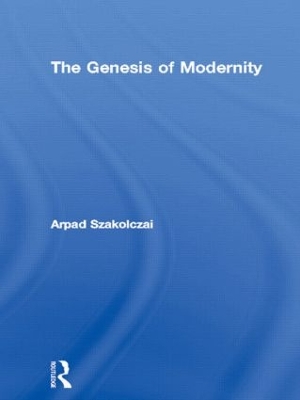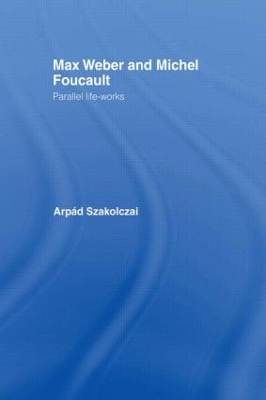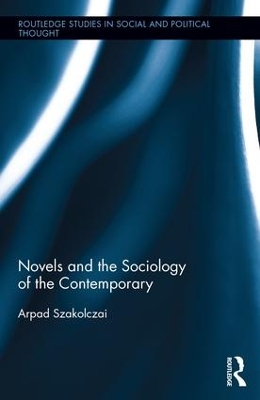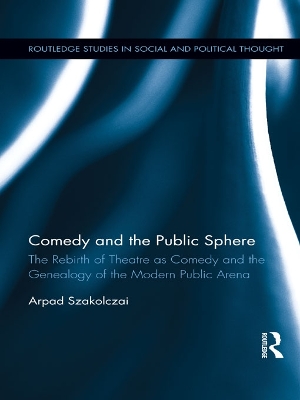Routledge Studies in Social and Political Thought
1 primary work • 5 total works
Book 36
The Genesis of Modernity reconstructs the ideas of three of the most important social and political theorists of the Twentieth Century, Max Weber, Michel Foucault and Eric Voegelin, on the distant roots and sources of modernity.
Drawing upon the conceptual tools of social theory and political philosophy, complimented by approaches based in the fields of anthropology, comparative mythology and the history of ancient philosophy, this book will prove to be a timely and valuable contribution to this developing area, bringing together the ideas of a group of social and political theorists whose work so far has remained largely unconnected. This book will be essential reading for academics and advanced students concerned with social theory, political theory, sociology, history and philosophy.
This book reconstructs and brings together the work of a number of social and political theorists in order to gain new insight on the emergence and character of modern Western society. It examines the intersection point of social theory and historical sociology in a new theoretical approach called "reflexive historical sociology".
There is analysis of the works of Max Weber, Michel Foucault, Norbert Elias, Eric Voegelin and a number of others. The book is divided into three parts. Part 1 examines the works of Eric Voegelin, Norbert Elias, Lewis Mumford and Franz Borkenau. Part 2 is concerned with the major conceptual tools such as experience, liminality, process, symbolisation, figuration, order, dramatisation and reflexivity, and themes such as the history of forms of thought, subjectivity, knowledge and closed space and regulated time. Finally, the book examines the most important insights of the thinkers discussed, concerning the historical processes that led to modernity.
This book substantiates two claims. First, the modern world was not simply produced by "objective" factors, rooted in geographical discoveries and scientific inventions, to be traced to economic, technological or political factors, but is the outcome of social, cultural and spiritual processes. Among such factors, beyond the Protestant ethic (Max Weber), the rise of the absolutist state and its disciplinary network (Michel Foucault), or court society (Norbert Elias), a prime role is played by theatre. The modern reality is deeply theatricalized. Second, a special access for studying this theatricalized world is offered by novels. The best classical novels not simply can be interpreted as describing a world "like" the theatre, but they capture and present a world that has become thoroughly transformed into a global theatre. The theatre effectively transformed the world, and classical novels effectively analyze this "theatricalized" reality – much better than the main instruments supposedly destined to study reality, philosophy and sociology. Thus, instead of using the technique of sociology to analyze novels, the book will treat novels as a "royal road" to analyze a theatricalized reality, in order to find our way back to a genuine and meaningful life.
The book aims at reframing the discussion on the "public sphere," usually understood as the place where the public opinion is formed, through rational discussion. The aim of this book is to give an account of this rationality, and its serious shortcomings, examining the role of the media and the confusing of public roles and personal identity. It focuses in particular on the role of the theatrical and comical in the historical development of the public sphere, and in this manner reformulating definitions of common sense, personal identity, and culture.




